The state’s key witness in the murder case against Arizona rancher George Alan Kelly admitted during the third day of trial that he previously smuggled drugs across the border.
Santa Cruz County prosecutors called 43-year-old Daniel Ramirez to the stand on Wednesday, but the man, who wore headphones and spoke to the court through a translator, said he had tried to come to the United States between eight and 10 times "looking for the American dream" and had been deported multiple times before trying again, leading up to the Jan. 30, 2023, shooting of Gabriel Cuen-Buitimea.
Ramirez initially told prosecutors that he had not trafficked drugs into the U.S. before. He later admitted at the same proceeding that he had once before carried an unspecified amount of marijuana across the border in 2014. Ramirez, who testified that he was born in Honduras but has lived in Mexico for decades, told jurors on Wednesday that he paid human smugglers $2,500 each time they helped him cross illegally into the U.S.
"They asked you, ‘Have you transported drugs into the United States?’" Kelly's attorney asked Ramirez during cross-examination, challenging the man's testimony. "And you're telling us that you believe they meant on this particular occasion, only? Is that right?" Ramirez replied simply, "Yes."
Defense had argued that the man had lied to detectives, but Ramirez claimed that he had meant that he had not been smuggling drugs the day of the shooting.
During their opening statement last week, the prosecution argued that Kelly, 75, stood on the back patio of his residence on his 170-acre cattle ranch outside Nogales, Ariz., and opened fire toward two "unarmed men" from about 115 yards away – more than the length of a football field – using a semi-automatic rifle while Buitimea and Ramirez were walking parallel to the house back to the U.S.-Mexico border.
Santa Cruz County Chief Deputy Attorney Kimberly Hunley told jurors last week that Buitimea and Ramirez, whom the prosecution categorizes as migrants, "posed no threat to Mr. Kelly and no threat to his wife."
"Out of nowhere, without saying a thing, without any legal justification, George Alan Kelly let off a barrage of semi-automatic assault rifle fire at these two men. He stood on his back patio, and he shot that semi-automatic assault rifle through the patio, across a fence line, through a pasture where he keeps his horse, across another fence line, and across the dirt road. And into the back of Gabriel Cuen Buitimea," Hunley said. "Now Daniel Ramirez was just steps away from his companion when he saw Gabriel shot in the back, and he saw Gabriel fall to his death. Daniel had to run for his life, because the shots were still ringing out all around him."
The defense, meanwhile, maintains that Kelly called law enforcement for assistance several times that day to report seeing a group of armed men traveling through the bushes near his residence. Kelly claims that when he went out to his porch with his rifle, the leader of the group pointed an AK-47 style gun at him.
Kelly fired warning shots into the air, according to defense. Hours later, the elderly rancher called law enforcement again to report finding a body on his property.
On Tuesday, U.S. Border Patrol Ranch Liaison Jeremy Morsell testified that he had developed a working relationship with Kelly and his wife, notifying the rancher from time to time when law enforcement operations involving helicopters were in the area to avoid spooking horses and livestock. Like with other ranchers in the region, he would communicate when law enforcement needed to cut through fencing to expedite response time to calls for assistance and then facilitate repairing that fencing afterward. Morsell testified about receiving several calls from Kelly on the day of the shooting.
"He said, ‘Jeremy, I’m being shot at, I’m shooting back,’" Morsell recalled on the stand, referring to the first call that day at approximately 2:30 p.m. "I said, ‘Mr. Kelly, are you okay?’ And he stated that he was unable to talk at that time, so I told Mr. Kelly I would call his station and send agents out there."
Morsell said he then immediately called the Nogales Border Patrol Station to report Kelly’s account and then called Kelly back several minutes later to check on him.
That’s when Kelly retracted that he was being shot at and told the agent "he heard a gunshot and saw his horse walking by – or running by frantically – and at the time, it kind of sounded like he was inspecting the horse." Just before responding deputies and agents arrived at the scene to meet Kelly, Morsell testified that he asked the rancher again over the phone if he had seen any firearms.
"At this time, he stated it was too far to tell if they had firearms," Morsell said.
"So if I understand you correctly, he initially said he was being shot at, but, in the second phone call, he just said he heard a gunshot?" the prosecutor asked. "Yes, ma'am," Morsell responded.
In another call around 4:23 p.m., Morsell told jurors how Kelly seemed calmer and relayed how he and his wife had been "sitting inside their home when they heard what sounded like a gunshot, he went to his back porch and saw his horse frantically running by. This is when he observed at least 10 subjects walking with packs, and they all had, he stated, AR-style rifles."
"He stated that his wife had seen it, too, as well. At least 10 subjects walking toward Keno [Springs] with AR-style rifles and packs," Morsell said. "He described them as drug mules."
Morsell, who was by this time off duty and at the gym, said he later received a missed call and text from Kelly telling him to call back immediately. Prosecutors played the voicemail in court.
BORDER PATROL AGENT CLAIMS ARIZONA RANCHER GEORGE ALAN KELLY BEING 'INTENTIONALLY VAGUE' IN 911 CALLS: REPORT
Kelly is heard saying, "Jeremy, this is Alan Kelly. You need to call me immediately. This is serious. Call me immediately. I can’t say more over the phone. Bye."
Morsell described how the rancher’s tone changed to "a Mr. Kelly that I’ve never heard before, but now he sounded scared."
"He pretty much right off the bat stated this was worse than he could ever imagine. He said he needed agents to respond to his property to meet with him," Morsell said.
The agent said he had grown frustrated with Kelly, who had become "evasive," and then stated that something had possibly been struck on his property. Morsell tried to clarify what had been struck, asking whether it had been an animal.
"He said, well, you could possibly classify it as an animal," Morsell recalled on the stand.
The case ignited a powder keg last year when the rancher was initially charged with first-degree premeditated murder in the Mexican national’s death and was held for weeks under a $1 million cash bond.
GoFundMe booted a fundraiser for his bail, but the Christian crowd-sourcing alternative GiveSendGo picked up the campaign, allowing Kelly to be released from custody while awaiting trial after a judge converted the bond from cash to surety. The most serious charge against Kelly was later downgraded to second-degree murder.
Earlier this year, Kelly rejected a deal offered by prosecutors that would have reduced the charge to one count of negligent homicide if he would agree to plead guilty. The defense has argued that the prosecution rushed to judgment in charging Kelly with first-degree murder without conducting a thorough investigation including forensics, ballistics, autopsy results, cell phone forensics, fingerprints and DNA.
Kelly’s defense attorney, Brenna Larkin, told the courtroom then, "Testimony is something that is bought and sold by drug traffickers the same way that drugs and people are bought and sold."
Notably, Ramirez testified in court this week as to why it had taken him two weeks after the shooting to come forward as a witness.
The man claimed under oath that he had consumed water from a trough on Kelly’s property and fallen ill for a while after crossing back over the border into Mexico.

 German (DE)
German (DE)  English (US)
English (US)  Spanish (ES)
Spanish (ES)  French (FR)
French (FR)  Italian (IT)
Italian (IT)  Macedonian (MK)
Macedonian (MK)  1 year ago
66
1 year ago
66


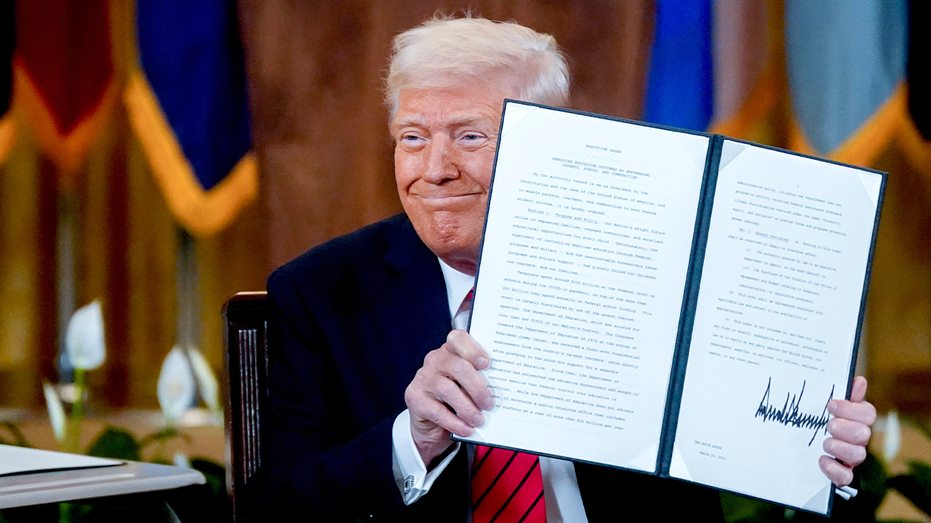

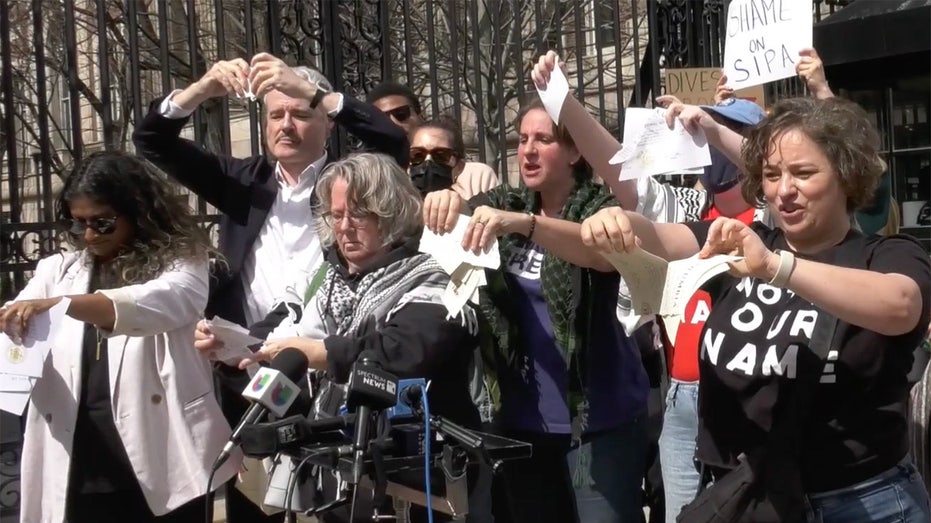
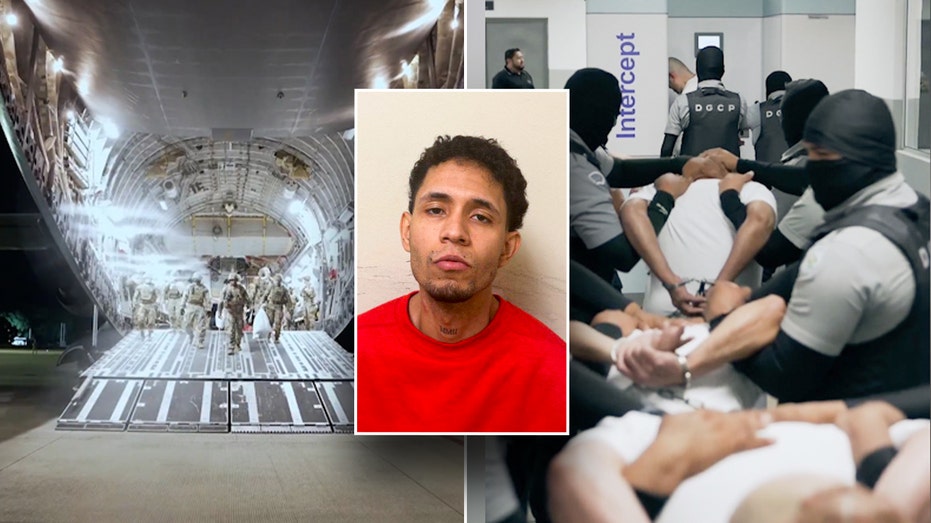
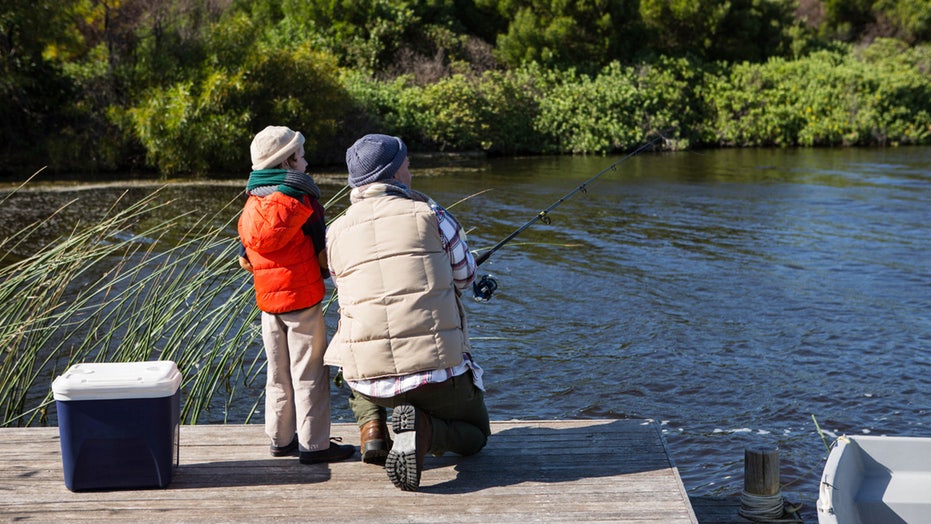
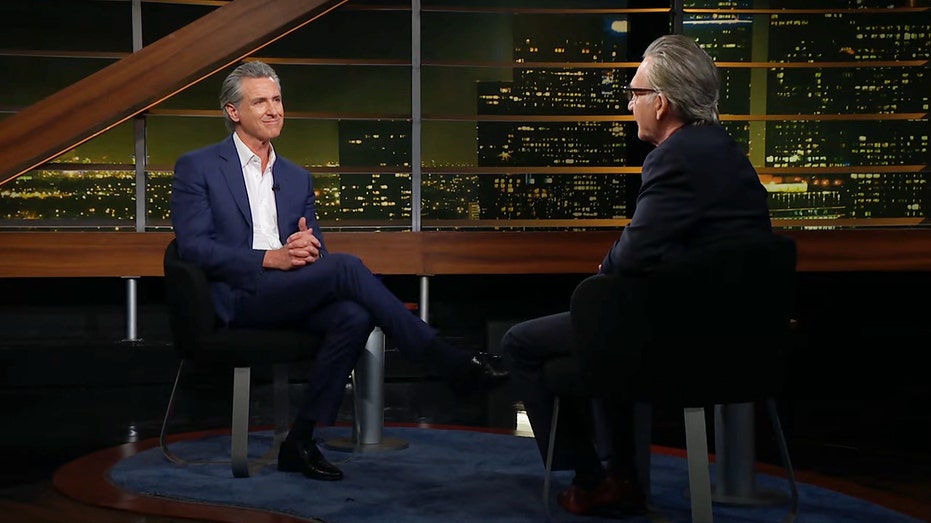
Comments